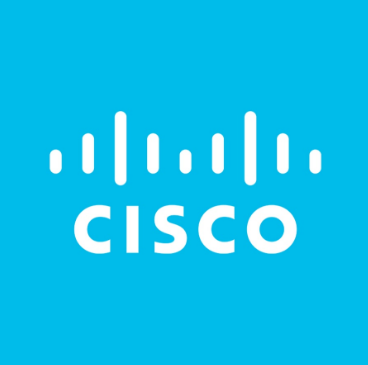 Cisco, the huge Silicon Valley electronics company, has a valuation of $240+ billion and claims in a recent report that 10% of the world’s GDP will be on different Blockchains by 2027.
Cisco, the huge Silicon Valley electronics company, has a valuation of $240+ billion and claims in a recent report that 10% of the world’s GDP will be on different Blockchains by 2027.It further found that 86% of company executives believe that trust is vital in a digital economy. Cisco claims that Blockchain technology is helping to create a digital, programmable economy which is expected to deliver over $3 trillion of efficiencies and new business value by 2030. Blockchain technology offers three key factors to save money and improve a company’s efficiency:
-Transparency - a record of transactions is held on a ledger for all relevant parties to see, as well as helping to prove provenance. The cost of counterfeiting in the pharmaceuticals industry is estimated to be $75 to $200 billion p.a. In the electronics industry, it is $100 billion. In Europe alone, 10% of luxury goods sales are counterfeit, equating to $28 billion p.a.
-Complexity – global trade is very complex, with many intermediaries and brokers. A good example of this is in financial services where a report from Thomas Philippon, from New York University, stated: “Despite its fast computers and credit derivatives, the current financial system does not seem better at transferring funds from savers to borrowers than the financial system of 1910”. Philippon calculated that just in the USA financial services sector, that 2% of the America GDP (over $280 billion of resources) is unnecessarily devoted to this sector. Blockchain technology is able to remove many of the intermediaries in the financial sector, unlocking huge cost savings and efficiencies, which ultimately will save customers money.
-Security – many computer systems today have data held in one central location and often firewalls are easy to hack. Blockchain technology uses military-grade security, with information held in a decentralised manner making it more secure.
Cisco believes Blockchain technology is able to automate trust, increase transparency, disintermediate many third parties so unlocking efficiency cost-savings, all in a more secure manner and so making business simpler.


